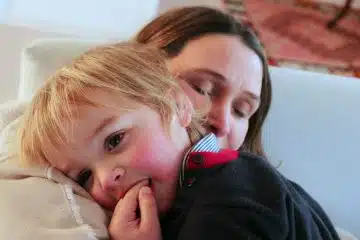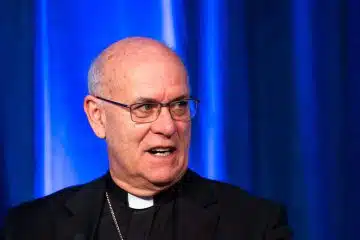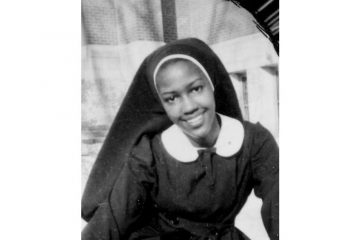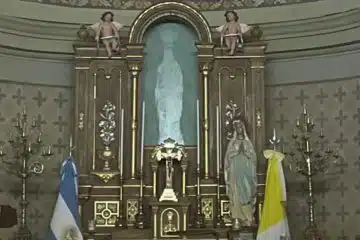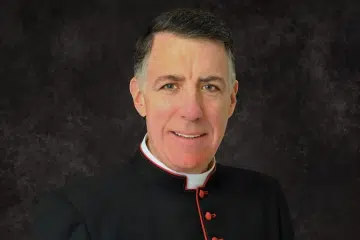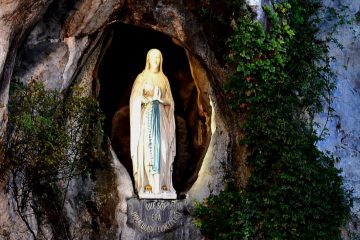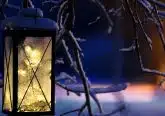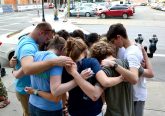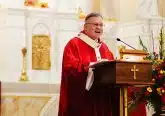What keeps me Catholic? The question of suffering
March 30, 2012
By Michael Daley
On a recent Friday afternoon, with my wife out of town and weather reports of severe storms — even possible tornadoes — to come, I hurried home from work. Having just arrived home from school, my kids were hunkered down in the basement with books to read, games to play, a radio to listen to and snacks to eat.
I went from being downstairs with them one moment to checking the TV’s instant weather forecast upstairs the next. My wife called from Virginia to check on us. “We’re fine,” I told her. “It looks like the storm is going to pass us by.”
Thankfully, it did. Going out that evening for dinner, it was beautiful. The clouds, winds and rain were gone. The sun was setting. It was a picture perfect evening.
The next morning was another story, however.
Opening up the newspaper, I saw pictures of utter devastation. Homes leveled. Cars tossed. Debris everywhere. I also read statements from people trying to make sense, incomplete though it was, of what appeared to be overwhelming suffering and pain. One woman remarked, “This was a piece of God’s country, but it’s not anymore.” Another replied, “Tomorrow’s not promised. It’s another one of God’s tests.”
Yet, from afar, a sense of powerlessness came over me. What could I do miles away? I was quickly reminded of the words of Jesuit Father Jon Sobrino. In his book, Where Is God? he says that whether it’s a tornado, tsunami, earthquake, terrorist attack or war, one of the first temptations in the face of tragedy is to turn away from it. The foundational (and Christian) response, though, is to allow ourselves to be affected by it. This is not a problem for the victims, but for us — those who hear about it in the news or read about it in newspapers. The challenge to not forget, to remain attentive to the needs of the poor whose stories quickly become yesterday’s news, follows.
In this way, Sobrino notes, catastrophes are “bearers of truth.” They let us experience the strengths and weaknesses of communities. When faced with these “new” truths, we often want to conceal or dismiss them. This usually is because the catastrophe reveals the poverty, vulnerability and defenselessness of a society. The call to solidarity, to bear another’s burdens, whether in Indiana, Kentucky, Haiti or Darfur, is too demanding.
Tragically, those who most bear the burdens of natural disasters, terror, and war are the poor. Sobrino describes them as a “crucified people.” In them one notices a “primordial saintliness.” In the midst of pain, stress and loss, one witnesses acts of defending and struggling for life. In trying times, goodness emerges, more often than not anonymously.
This was captured well in Father Michael Barth’s, pastor of the tornado demolished St. Mary’s Church in Kenton County, Kentucky, words to his parishioners, “Things happen and the way we handle it shows us whether we’re God’s children or not. The way the community is coming together, it’s the glory of God shining on us.”
That sense of community was enlarged further when checks from hard hit Henryville, Ind., more than 100 miles away, fell in our neighborhood. It convinced me that as much as suffering brings up the question of “Where is God?” It brings up, just as strongly, the question, “Where are my brothers and sisters in my time of need?”
What keeps me Catholic is that I am a part of a religious tradition that not only asks hard questions about suffering, but is there in times of need personifying the compassion of Jesus with direct assistance to those hurting. In the process, it reminds us that love of God is inseparable from love of neighbor.
Daley is a freelance writer and teacher at St. Xavier High School.



